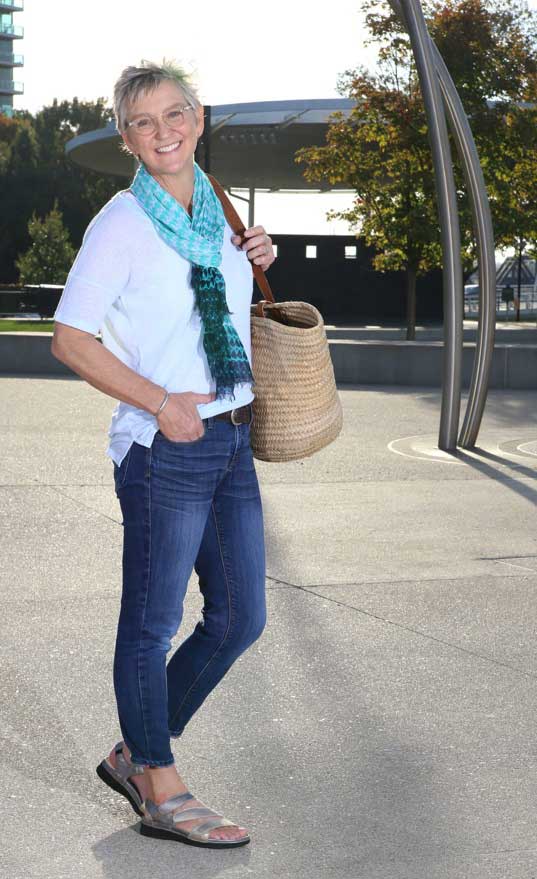 We expect a lot from our feet
We expect a lot from our feet
You depend on them to walk, run, skip, and dance.
With each step you take, your foot strikes the ground with more than three times your body weight, and you ask them to do this thousands of times per day. Your feet depend on you, too. It’s your job to keep your feet healthy and pain free, so that when you ask your feet to dance, they’re ready to spin you around the floor. One of the most critical things you can do to care for your feet is to choose the right shoes.
And the right shoes don’t hurt. When your shoes are too tight, too big, or don’t provide the right support in the right spots, you’re wearing the wrong shoes. The wrong shoes will lead to stress on your feet, ankles, legs, and all the way up your hips and spine. This stress will lead to pain, and that pain can be prevented by simply wearing the right shoes for your feet. We know a thing or two about helping you find the right shoes.
Finding the right shoe
- The area around your toes, called the toe box, should have enough room for your toes to rest comfortably. If there’s too much room, your foot will slide around inside the shoe, which leads to calluses and blisters. More often, however, the toe box is too tight. For people with wide feet, the toe box is one of their biggest issues when choosing shoes. Remember to make sure there is room at the end of your toes, as well. While standing up, there should be up to half an inch of space between your longest toe and the shoe tip. If you can wiggle your toes inside your shoe while standing, you’re on the right track.
- The top of the shoe, called the upper, should be made from a material that conforms to the shape of your foot, without constricting. Shoes with closures can help with the right amount of “give” along the top of the foot. Adjustable closures can also help to keep your feet comfortable throughout the day, as your feet generally swell later in the day. The upper should be made from a non-irritating and porous material.
- Inside the shoe, the insoles should provide enough cushioning to absorb the shock of those thousands of steps you’ll take in a day. There are three areas that need proper support: the arch, the ball of the foot, and the heel. The heel can support as much as 25% of your body weight. Shoes with removable insoles allow you to adjust the amount of support or cushion you need for your specific foot shape and activity level.
- The bottoms of your shoes are just as important. Soles should provide traction and keep you from slipping. Then there’s the matter of heels. Ideally, your shoe should provide slight elevation, either from the outside heel or the inside, thicker sole at the back of the shoe. The part of the shoe that wraps around the back of your heel, the counter, needs to be firm enough to support and protect your ankles. When standing and moving, the back of your heel should fit snugly into the counter, not slide up and down while you walk.
- If, like many people, you find that your feet are two different sizes, buy shoes to fit the larger foot. Look for shoes with removable insoles, and add support inserts to the shoe on the smaller foot.
While it used to be far more difficult to find shoes that both looked and felt great, shoe makers have found the right balance between form and function. There are plenty of choices for good looking shoes that will fit your feet and keep them healthy and happy. We’re here to help you find the perfect fit for your feet.
|